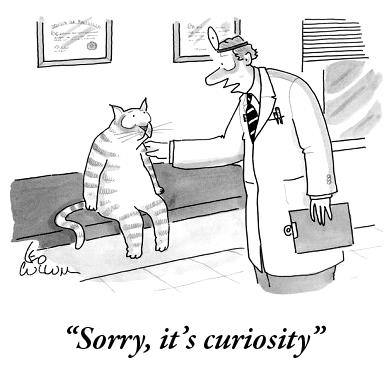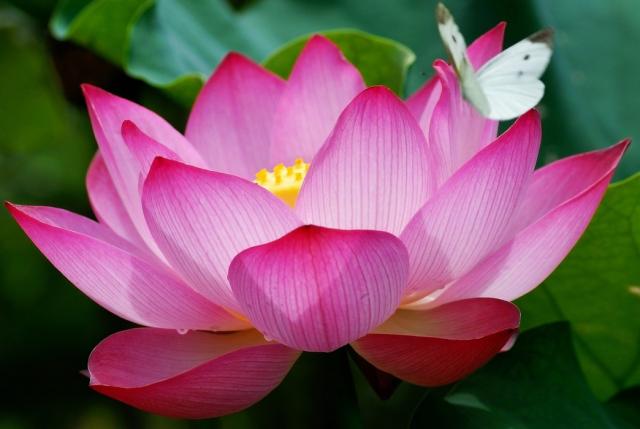We are also conditioned to not question authority, to not question society, to not question the status quo, to not question our teachers, our leaders, our elders, our politicians, etc. To some degree we stop questioning, stop being curious, stop learning.
On some level maybe we don't want to give away that it's something we don't already know. To be curious implies that we don't already have all of the answers. Or, is it that as adults we don't have the time to be curious? We are so busy with our lives and running on the hamster wheel that we simply don't have the time, capacity, desire to engage in the effort of being curious.
Film and television producer Brian Grazer in his book, A Curious Mind: The Secret to a Bigger Life, shares his ideas on expanding our curiosity, a trait he attributes to his success and says should be as much a part of our culture as creativity and innovation. Brian made a decision early on in his career to seek out "curiosity conversations" with at least one new person each day. He stresses how all of us can benefit from this practice of stepping outside our comfort zones.
Brian shares examples of how these "curiosity conversations" helped his career, opened up doors for him, and caused him to be a more connected and interesting person. I love the idea of engaging in curiosity conversations. Conversations where we are just really trying to connect with another human being and learn about them, their life, their interests, their passions, their career, their thoughts, their opinions. What an easy and powerful way to gain awareness of our world, gain perspective, see life through another lens, gain empathy, gain knowledge.
Here's another way to look at the concept of holding "curiosity conversations"...We've all had conversations with people where we walk away feeling good about the person, like they heard us, were interested in us. On the flip side, we've all had conversations where we walked away and felt like we were "talked to", not understood, not heard, or where the person wasn't really present. I aspire for my interactions with people to end with them feeling acknowledged versus disregarded. We've all felt the difference.
The concept of leading a curious life appeals to me. I don't want to squelch my curiosity or that of others. I don't want to just follow the status quo, or what someone, or what society tells me I should be thinking or asking about. I choose to not be so busy all the time that I don't have a few minutes to engage in a real conversation.
It's important for us to explore, to question, to engage in life. Be curious about other people, be curious about where our food comes from, be curious about our spirituality, be curious about other cultures and races, be curious about what our heart is telling us, be curious about our purpose, the list is endless. I invite each of us to engage in more "curiosity conversations". See what opens up to you as you get more curious about life.
Sidenote:
Everyone knows that, despite its supposed nine lives, curiosity killed the cat. Well, not quite. The 'killed the cat' proverb originated as 'care killed the cat'. By 'care' the coiner of the expression meant 'worry/sorrow' rather than our more usual contemporary 'look after/provide for' meaning. Now that I can get onboard with...Worry killed the cat :)

 RSS Feed
RSS Feed
